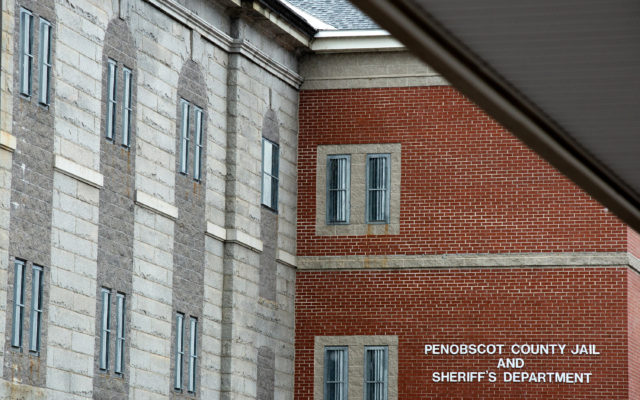
Want to ease jail overcrowding? Ensure people have homes, health care and substance use treatment
By Zeraph Dylan Moore
In late 2020, I began a project based on listening to the experiences of people who have been incarcerated in Penobscot County Jail in Bangor. Through this project, I and a small group of interviewers ask people who have been incarcerated in the jail a central question: “What did you actually need at the time that you were arrested or jailed?”
Building a roadmap out of incarceration is not simple or easy. However, the responses of people who have been incarcerated provide a surprisingly consistent picture of what exactly we lack in Penobscot County and how these deficits contribute to our overcrowded jail, which is now in crisis and at risk of losing its license to operate.
Most of our interviewees identify just three basic needs at the time of their arrest. They needed healthcare that was trauma-aware, safe and free of stigma. That means that if they were an active drug user, they would not have to stop using, or even want to stop using, in order to be treated with dignity and respect in a mental health or medical setting. Further, they would not be criminalized for behavior linked to experiencing PTSD or other mental health crises in the hospital or emergency room.
On the other hand, those who were ready to stop using drugs needed access to substance use dependency treatment and safe detox facilities, without all the red tape and restrictive rules on who qualifies. People in addiction and poverty simply do not have the bandwidth to navigate complicated bureaucracies, and many lack support systems to help them.
Lastly, many people simply needed a home to live in, and being chronically unhoused had amplified their existing stress to extreme levels.
The interviews conducted by this project reveal that the harm to a person’s health and well-being caused by jail are the same as the major contributing factors to being jailed, creating a self-perpetuating cycle of poverty and illness that is directly fed by incarceration. Incarcerated people frequently lose access to their homes, jobs, families, support systems, mental health medications, substance use treatment plans and health care coverage. They often suffer from PTSD post-incarceration and are at increased risk of post-release overdose. These same issues lead to increasingly deadly substance use, mental health crisis and a failure to comply with conditions of bail, all of which place individuals at risk of reincarceration.
To stop the cycle, funding must be reallocated to solutions that are separate from the system of jails, police and prisons. In some cases that will mean that existing institutions, including health care and social work institutions, must examine and reject their involvement with the criminal legal system, which causes mental and physical harm to their clients.
We currently have a major opportunity to invest in affordable housing, mental health treatment and substance use disorder treatment, and many organizations are banding together to demand that we seize that opportunity. Penobscot County and the city of Bangor are receiving a combined total of $50 million in federal American Rescue Plan Act funds — a significant sum that can do significant work. A coalition of advocacy and social service organizations in Penobscot County under the banner Penobscot County Cares is advocating that the majority of incoming funds be directed toward affordable housing, substance use disorder treatment and mental health treatment, rather than expanding the jail or gilding the county offices.
The Storytelling Project endorses the goals of the Penobscot County Cares coalition and encourages a meaningful public process on the disbursement of the relief funds. Without breaking the cycles that lead to incarceration, we will always have increasing jail populations. However, listening to the stories of those incarcerated tells us that there is no jail big enough to solve the problems of poverty, trauma and addiction.
Moore is co-coordinator of the Penobscot County Jail Storytelling Project, a multidisciplinary effort to listen to and amplify the stories of people who have been incarcerated in Penobscot County Jail.